Four Daughters
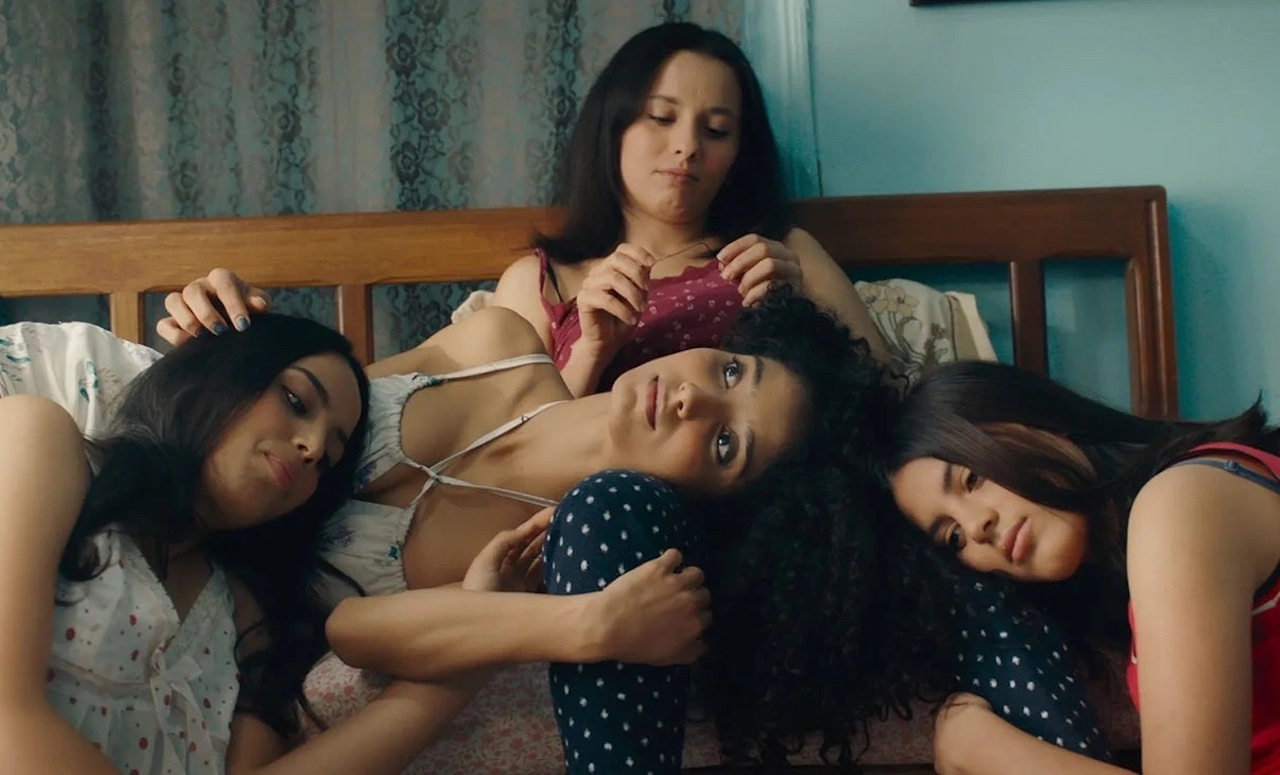
In Oscar-nominated director Kaouther Ben Hania’s newest work, conventions of the documentary format are tossed overboard in a compelling fiction/non-fiction hybrid.
We are introduced to Olfa and her daughters Eya and Tayssir as they meet three actresses: Hend Sabri, who will portray Olfa herself in a recreation of events, as well as Nour Karoui and Ichraq Matar, who will step in for the two absent daughters: Rahma and Ghofrane were radicalised by the Islamic State and are currently each serving a 16-year prison sentence.
In painstaking – and incredibly painful – detail, the Tunisian family dissect their relationship and try to pinpoint where it all went wrong for their beloved sisters and daughters, for themselves and for their country. It’s particularly striking to see a mother own up to her own flaws, and the unconscious biases that she may have passed on to her daughters.
Four Daughters’s reenactment is not a classic visual annex to a story narrated by a talking head; it is implied that their work will lead up to that, retelling the entire story fictitiously. Not unlike the therapeutical agency of a psychodrama, self-reflection takes priority over plain didactics for the viewer. As the women are all the same age the characters are now, the audience has to be mindful of the fact that these occurrences took place when Eya and Tayssir were very young children – and, equally, Rahma and Ghofrane were still in their formative years when their vigorous faith was so perversely twisted.
The drawback of this approach is that, despite solid camerawork and diversified framing of the protagonists, the feature is still constituted entirely of speech and narration. This should not deter cinemagoers, however, as it is a worthy piece to explore, and recommended to anyone who has ever asked themselves how religious extremism can develop.
Selina Sondermann
Four Daughters is released in UK cinemas on 1st March 2024.
Watch the trailer for Four Daughters here:

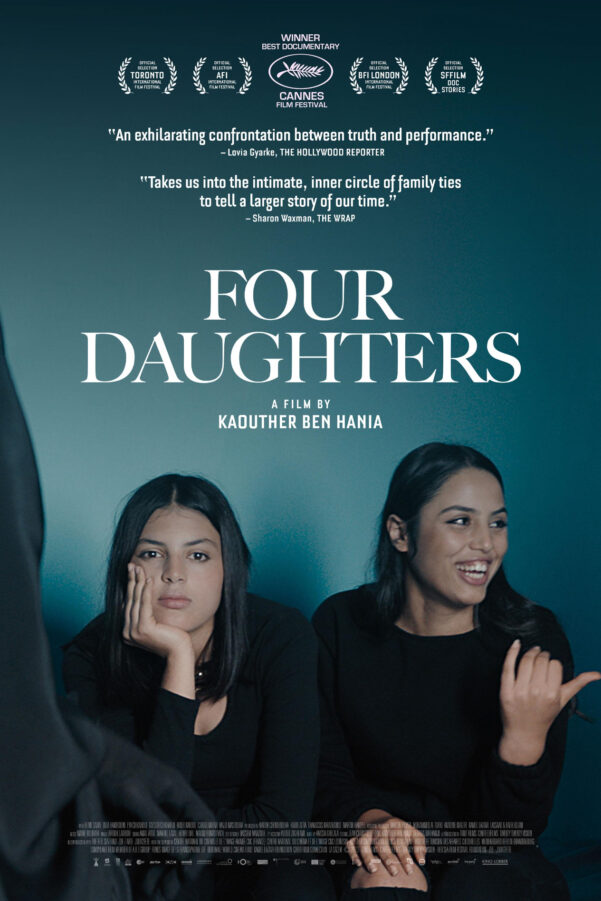
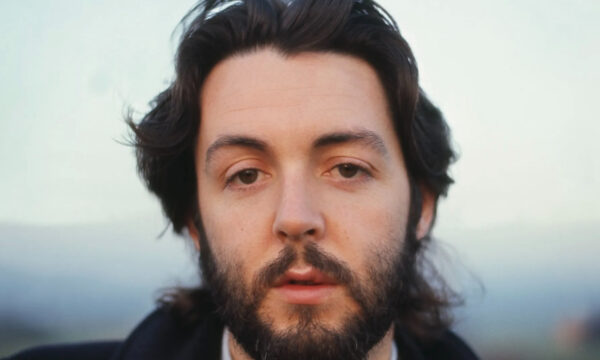
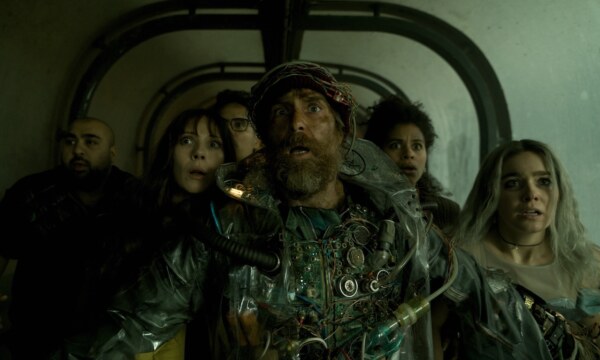
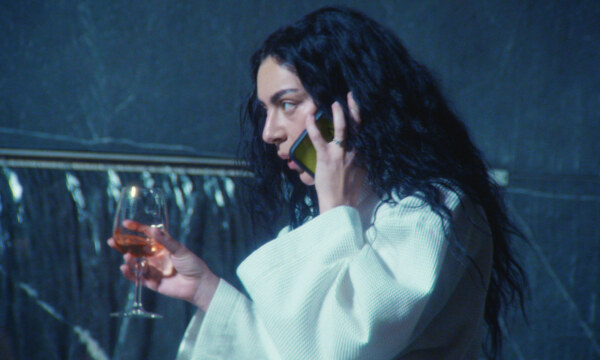
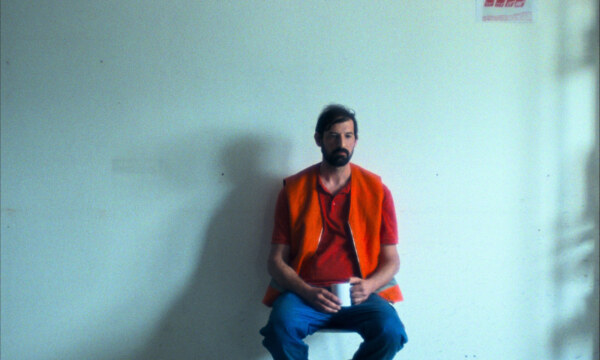
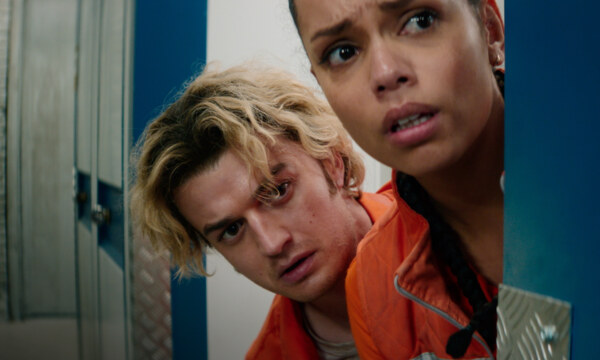
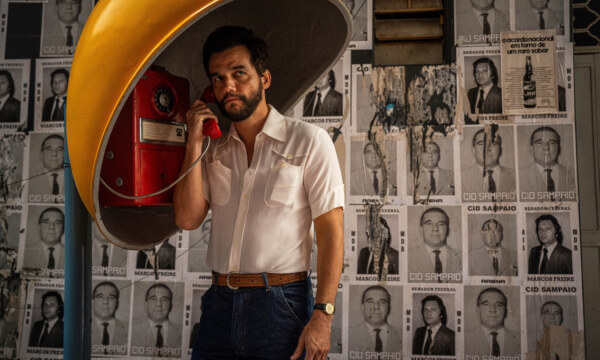
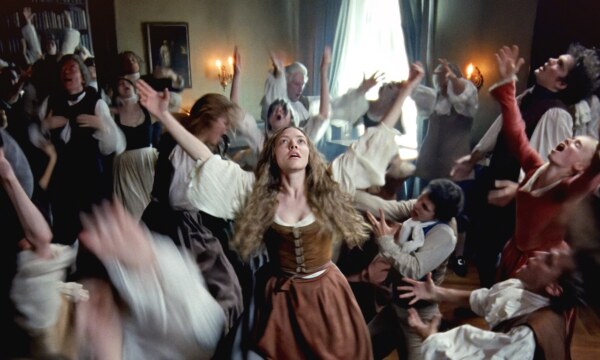
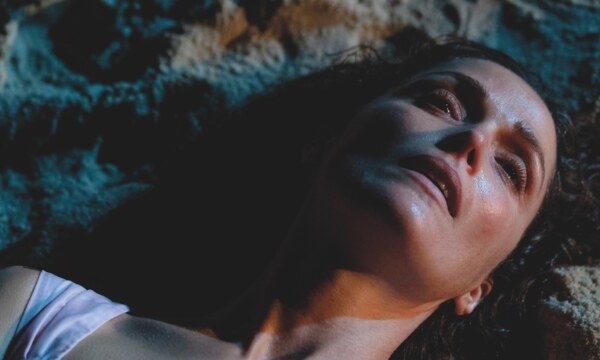
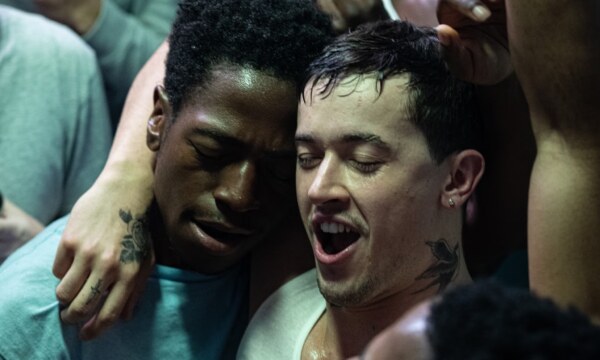


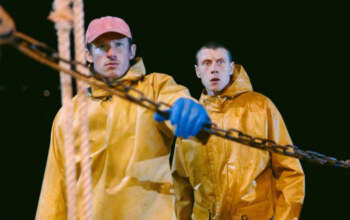
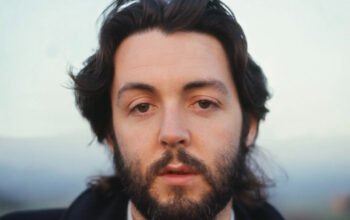






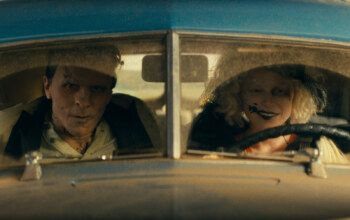

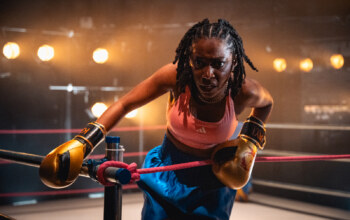


Facebook
Twitter
Instagram
YouTube
RSS